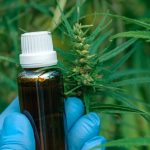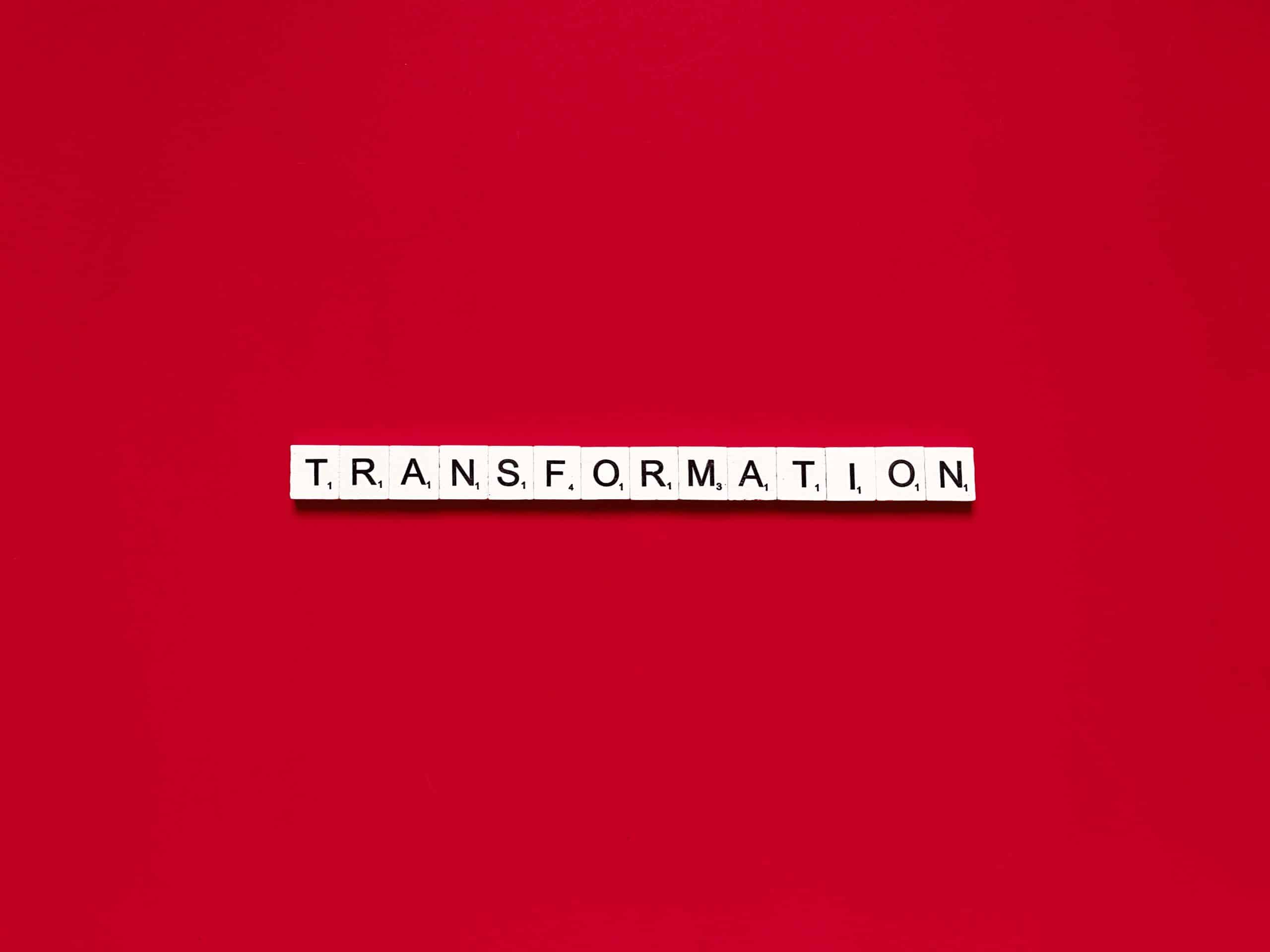With the rapid advancements in technology, the agricultural sector is undergoing a significant transformation. The incorporation of Artificial Intelligence (AI) and the Internet of Things (IoT) is playing a vital role in evolving traditional farming practices.
These technologies provide farmers with innovative tools for efficient farm management, precise crop monitoring, and effective data-based decision making. This article will delve into how AI and IoT are revolutionising UK agriculture through smart farming practices.
Sujet a lire : How Is 5G Connectivity Enabling Real-Time Analytics in Industrial IoT Applications?
The Fusion of AI and IoT in Agriculture
The fusion of AI and IoT in agriculture represents a revolutionary shift in farming practices, enhancing efficiency, productivity, and sustainability. With the use of interconnected devices and smart sensors, farmers can monitor their crops and livestock in real-time.
AI-powered systems can analyse vast amounts of data generated by IoT devices, summarising complex information into actionable insights. This amalgamation of technologies allows farmers to understand their farms better and make informed decisions, leading to increased crop yield and reduced resources wastage.
A voir aussi : What’s the Potential of AI in Streamlining Pharmaceutical R&D Pipelines?
Precision Farming with AI and IoT
Precision farming is a concept that revolves around managing variations in the field accurately to grow more crops using fewer resources. AI and IoT technologies are at the heart of precision farming, allowing farmers to monitor and manage their agricultural activities with pinpoint accuracy.
Smart sensors deployed across the farm collect data related to soil conditions, weather patterns, pest infestations, and crop health. This data is then processed by AI-based systems, which provide valuable insights into the most effective farming strategies and practices.
For instance, AI can analyse soil data to determine the exact amount of water, fertiliser, and pesticides required for optimal crop growth. This precision approach not only boosts crop yield but also promotes sustainable farming by minimising the use of resources.
Real-time Monitoring and Management with IoT
The IoT is revolutionising farm management by enabling real-time monitoring of agricultural activities. IoT devices, such as soil sensors, weather stations, and GPS-enabled machinery, collect real-time data, providing farmers with a comprehensive view of their farms.
Using IoT-based monitoring system, farmers can track everything from soil moisture levels to the health and location of their livestock. This granular visibility helps in early detection of issues, enabling farmers to take immediate corrective actions.
Moreover, IoT-enabled farm machinery can automate various agricultural tasks, such as watering, harvesting, and feeding livestock, saving both time and labour.
Data-Driven Agriculture with AI
Data is the backbone of modern agricultural practices. AI is capable of transforming raw farm data into meaningful information, driving efficient and profitable farming.
AI-based algorithms can predict future weather patterns, crop diseases, pest infestations, and market trends based on historical and real-time data. Such forecasts empower farmers to plan their agricultural activities effectively, reducing risks and enhancing productivity.
In addition, AI can automate data analysis, freeing up farmers’ time for other important tasks. For example, an AI system can analyse images from drone surveys to detect unhealthy crops, while the farmer focuses on implementing corrective measures.
Water Management with Smart Technologies
Effective water management is a critical aspect of sustainable farming. With smart technologies like AI and IoT, farmers can optimise their irrigation practices, ensuring that crops receive the right amount of water at the right time.
Sensors embedded in the soil can monitor moisture levels, while AI can analyse this data to determine the optimal watering schedule. Additionally, IoT-enabled irrigation systems can automatically adjust water flow based on this analysis, preventing water wastage.
Moreover, AI can predict rainfall patterns, enabling farmers to align their irrigation practices with natural rain cycles. This not only saves water but also reduces the energy consumption associated with irrigation.
In conclusion, AI and IoT hold great potential in transforming UK agriculture with smart farming practices. By harnessing the power of these technologies, farmers can boost their productivity, improve their efficiency, and contribute to a sustainable future.
Enhancing Animal Husbandry with AI and IoT
The impact of combining AI and IoT extends beyond crop cultivation, also playing a transformative role in animal husbandry. Incorporating these technologies in livestock management can help farmers in monitoring the health of their livestock in real-time, ensuring their welfare, and enhancing productivity.
Livestock wearables, which are IoT devices, collect real-time data on an animal’s health parameters, such as heart rate, body temperature, and movement patterns. This data, when analysed by AI systems, can provide insights into an animal’s health and wellbeing.
For instance, any unusual behaviour or health parameters can alert farmers to potential illnesses or stress conditions in their livestock. Early detection and diagnosis can then lead to timely veterinary intervention, preventing severe health issues and reducing livestock mortality.
Moreover, AI and IoT can also assist in managing the productive aspects of animal husbandry. For instance, machine learning algorithms can predict optimal breeding times based on data such as animal health, age, and environmental conditions. This data-driven approach can significantly increase the success rate of breeding, optimising livestock productivity.
AI and IoT: Pioneers of Sustainable and Climate-Smart Agriculture
Climate change poses a significant threat to global agriculture, with changing weather patterns and extreme weather events impacting crop growth and livestock health. However, smart farming practices involving AI and IoT can help farmers adapt to these changes and make their farming practices more sustainable and climate-resilient.
AI can process and analyse large amounts of climate data to provide farmers with predictive insights about future weather patterns. This could allow farmers to plan their planting and harvesting schedule accordingly, minimising the risk of crop failure due to unexpected weather events.
On the other hand, IoT sensors can monitor real-time weather conditions on the farm, helping farmers to adapt their irrigation and fertilisation practices on the go. For instance, in case of an unexpected rise in temperature, IoT-based irrigation systems can automatically increase water supply to the crops, preventing heat stress and crop damage.
Furthermore, AI and IoT also contribute to reducing the environmental impact of agriculture. Precision agriculture practices, powered by these technologies, ensure optimal use of resources like water and fertilisers, minimising wastage and environmental pollution.
Conclusion
In the face of growing global food demands and climate change challenges, the transformation of the UK’s agricultural sector through AI and IoT becomes a necessity rather than a choice. These technologies hold the key to developing smart agriculture practices that increase productivity, efficiency, and sustainability.
From precision farming to animal husbandry, AI and IoT offer a myriad of applications that revolutionise traditional farming practices. Whether it’s real-time monitoring of crop health and soil moisture, or data-driven decision making to optimise resource use, these technologies are setting new standards in agriculture.
However, to fully harness the potential of AI and IoT in agriculture, there must be ongoing investment in technology infrastructure, farmer education, and regulatory frameworks that support the adoption and scaling of smart farming practices.
Undoubtedly, the fusion of AI and IoT is paving the way for a new era of agriculture – one that is smarter, more efficient, and more sustainable. The UK agricultural sector, with its tradition of innovation and resilience, is well-positioned to lead this digital farming revolution.
In the end, smart farming isn’t just about integrating new technologies into agriculture. It’s about using these technologies to create a food system that’s better for farmers, consumers, and the planet. And in this quest, AI and IoT are proving to be invaluable tools.











